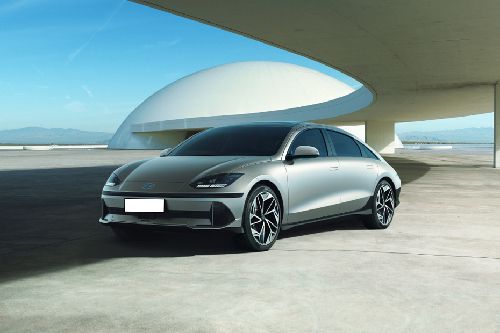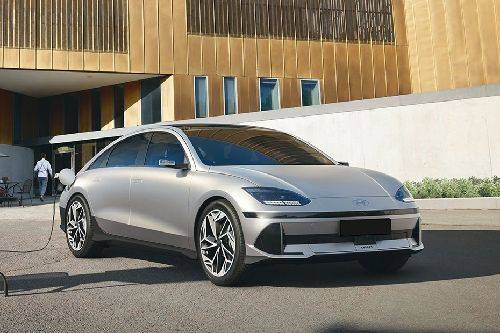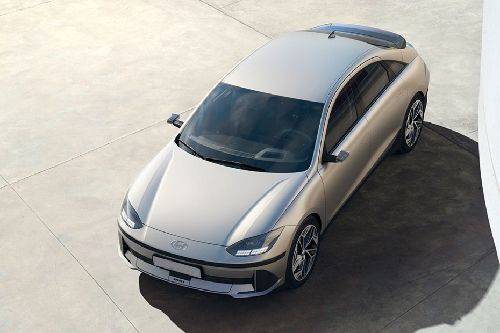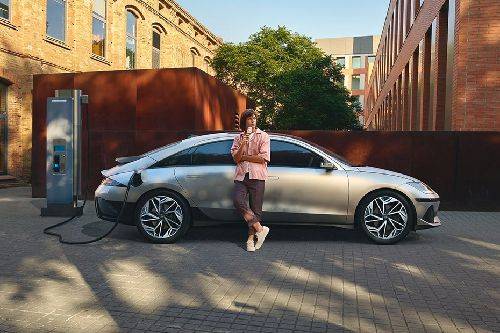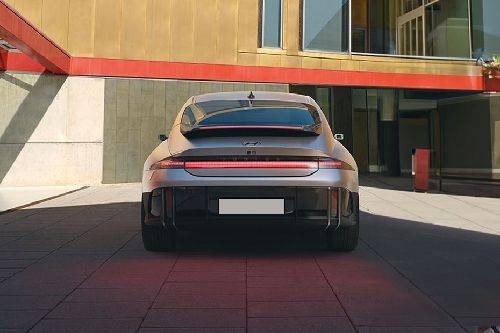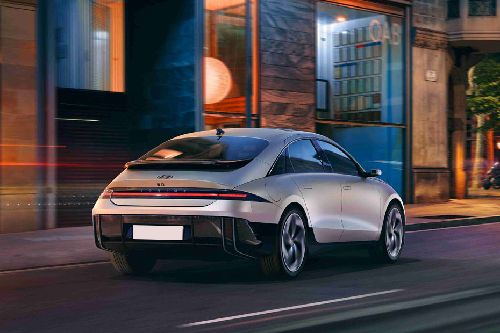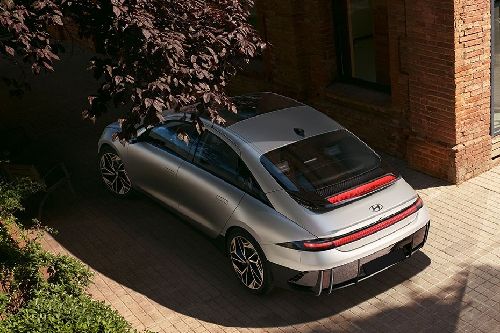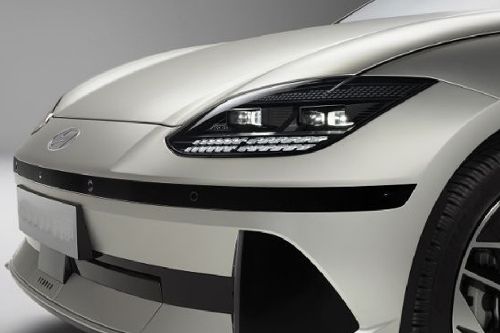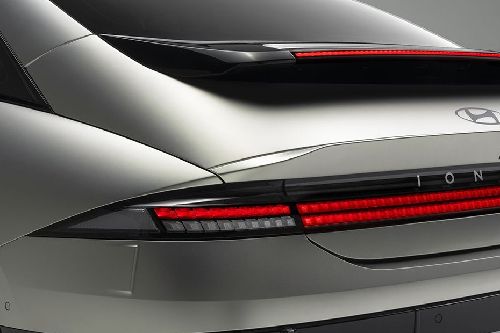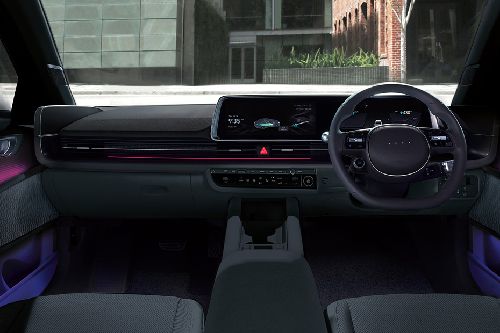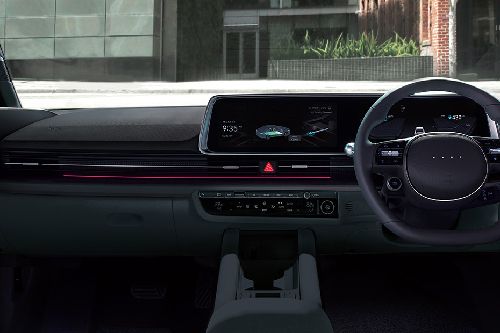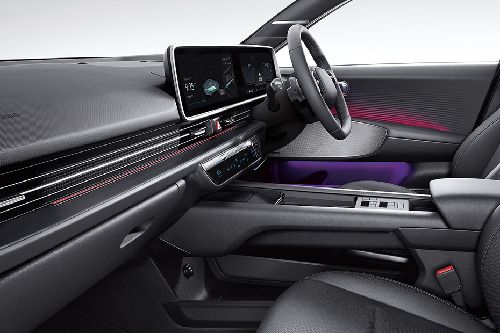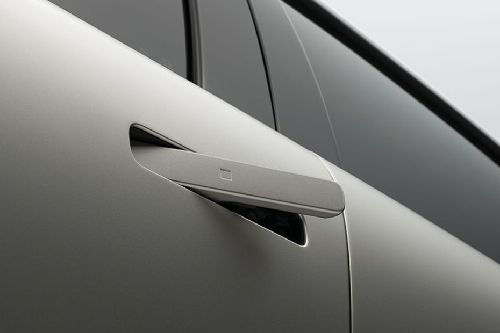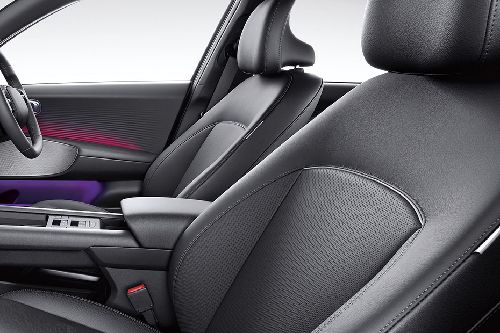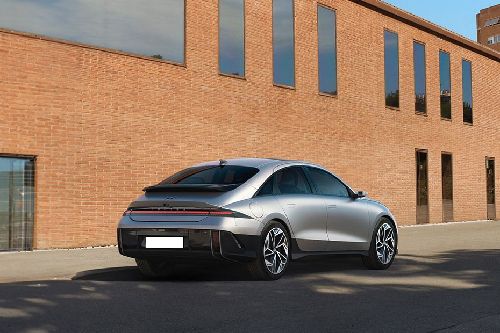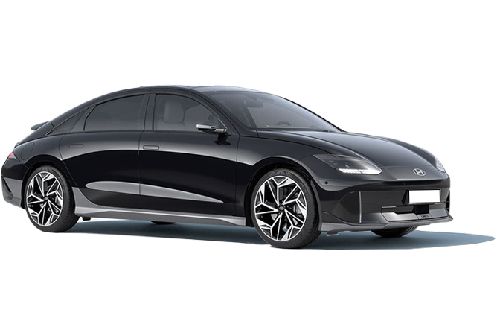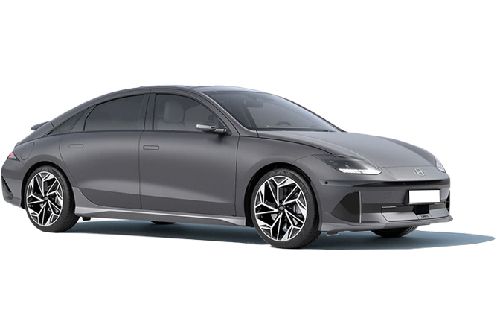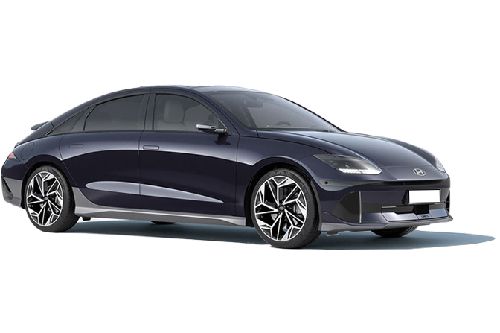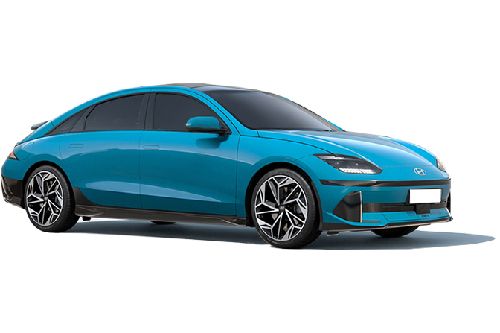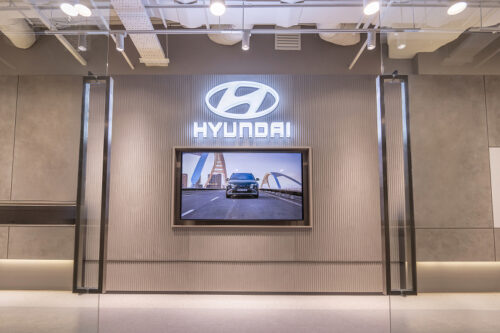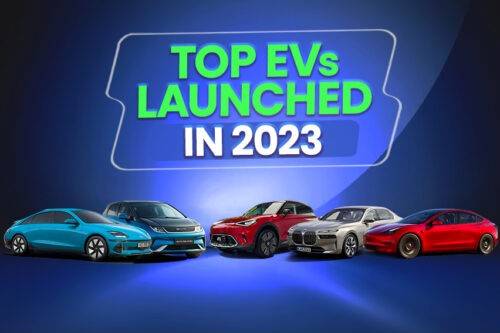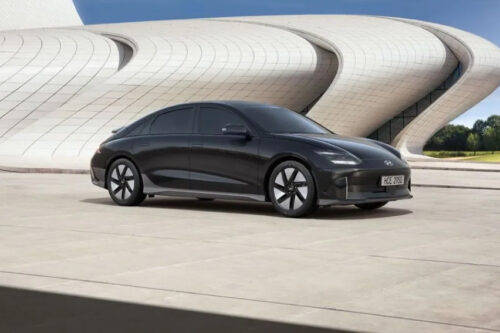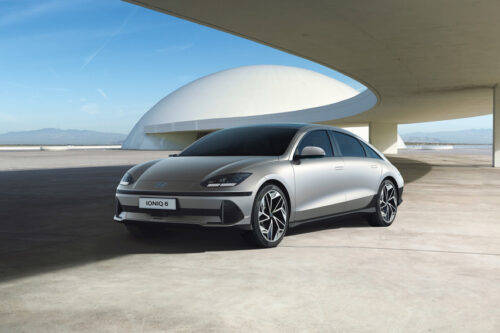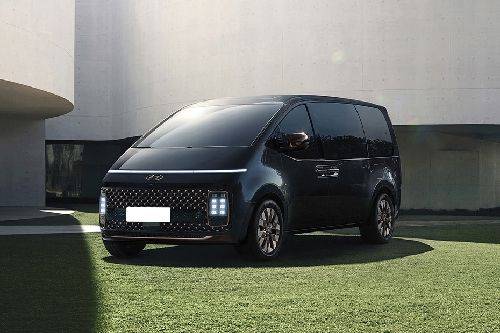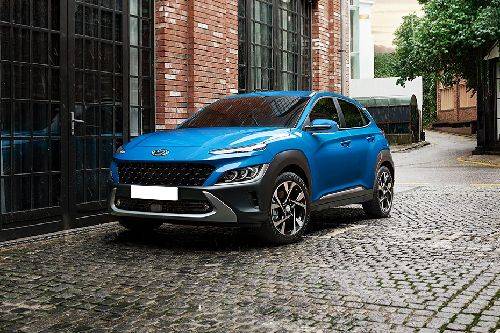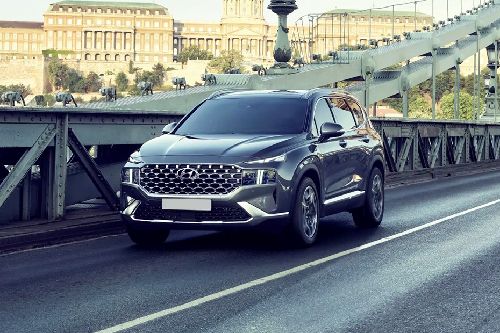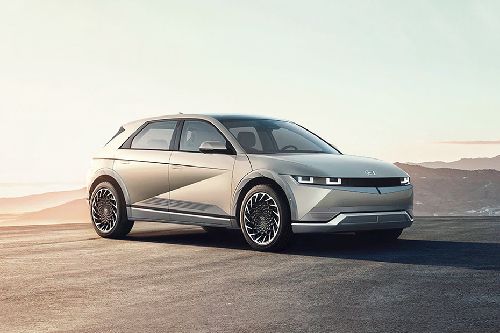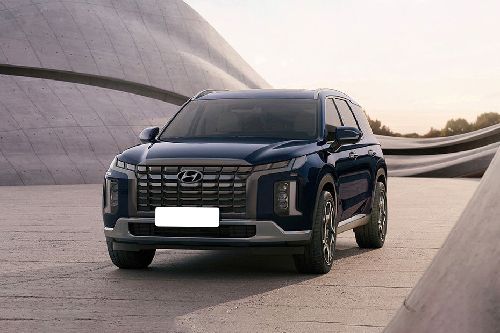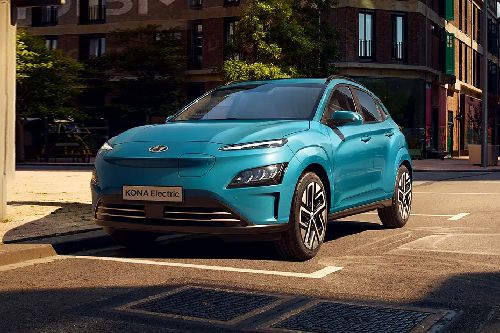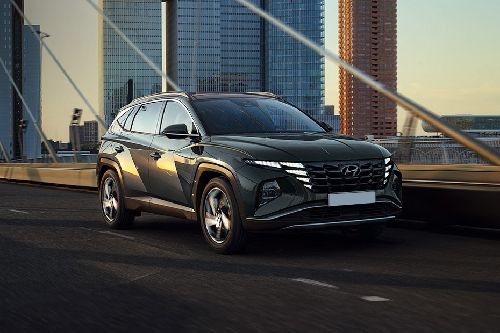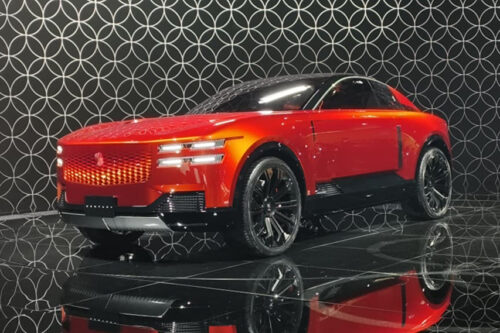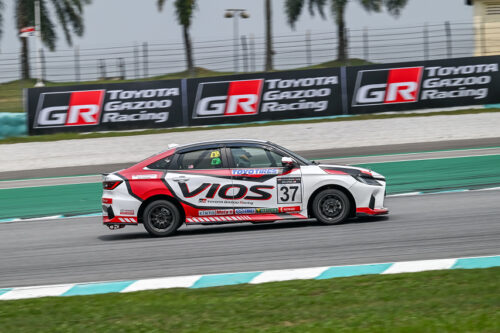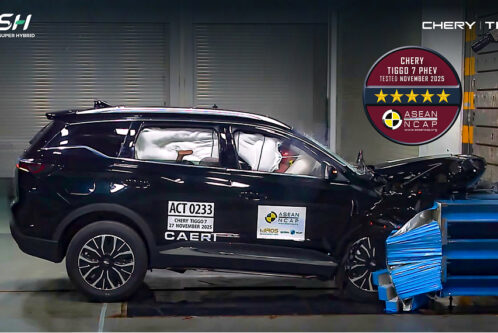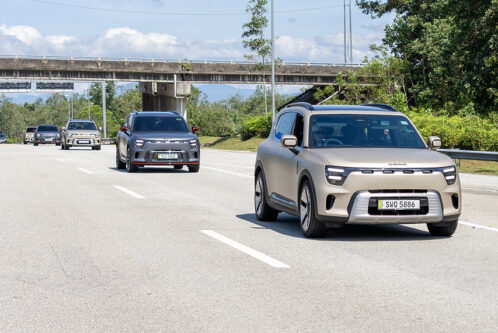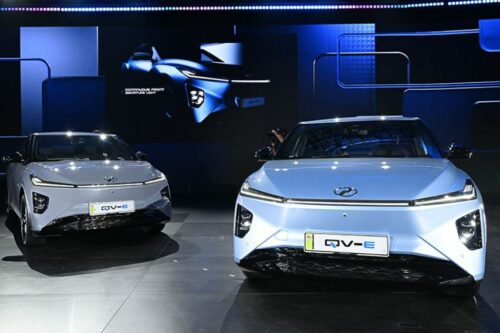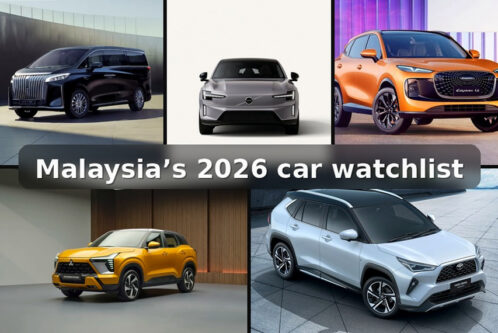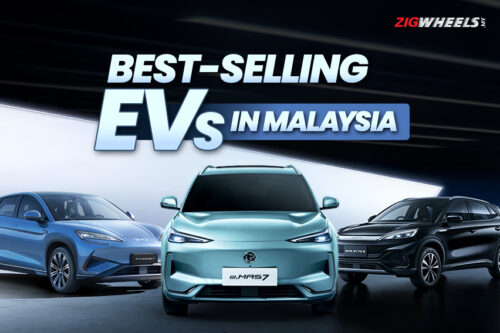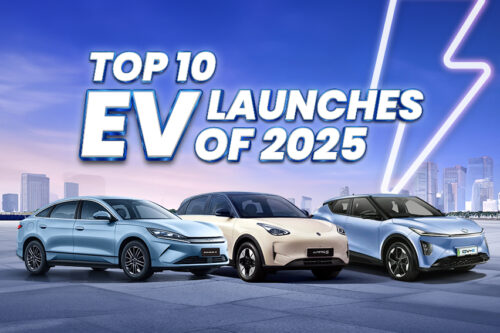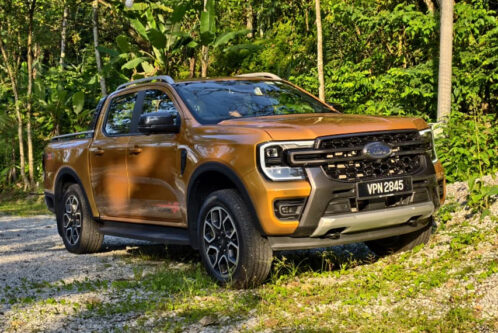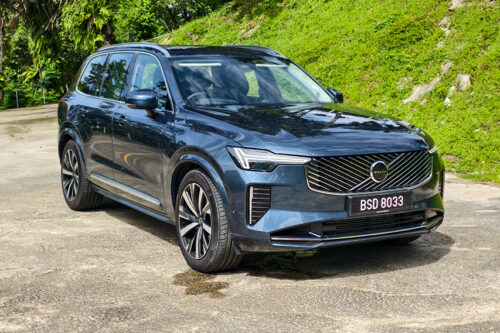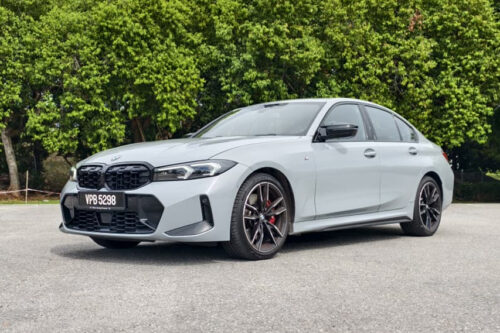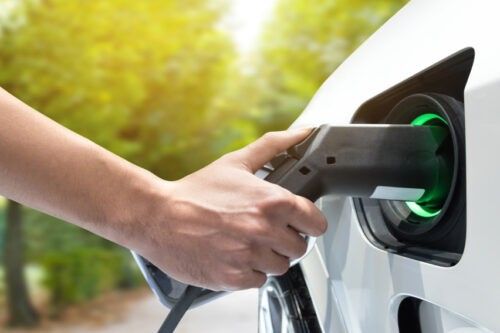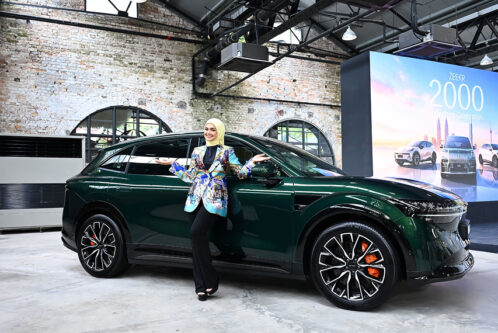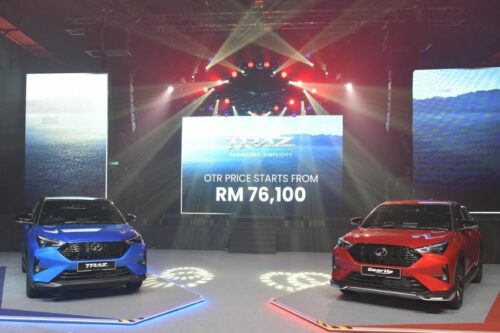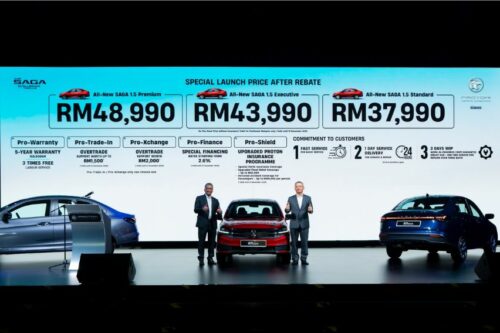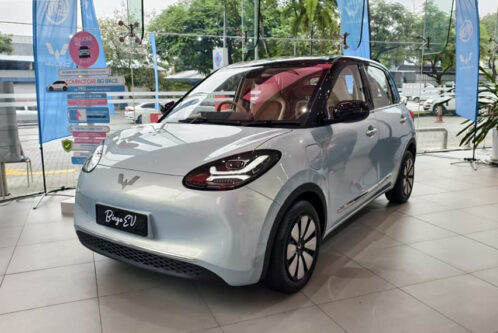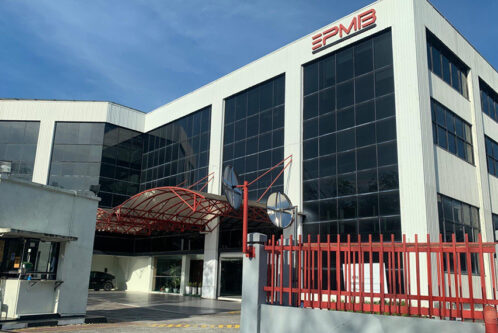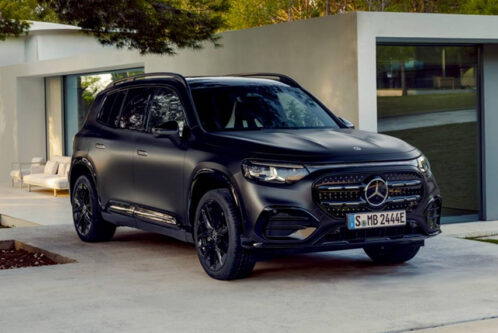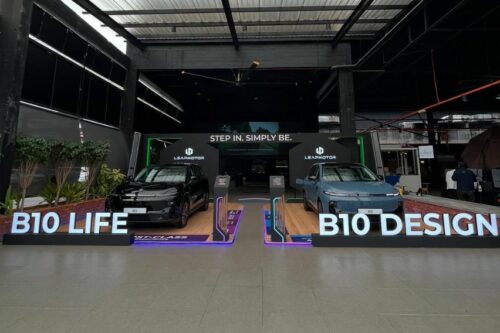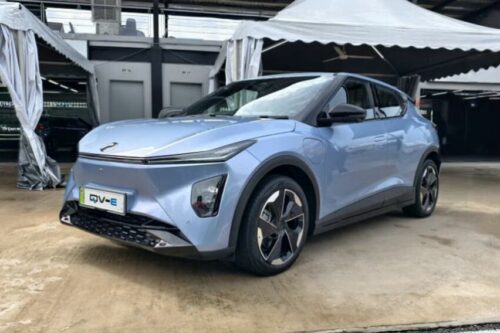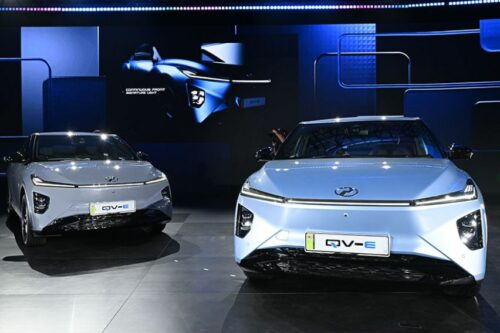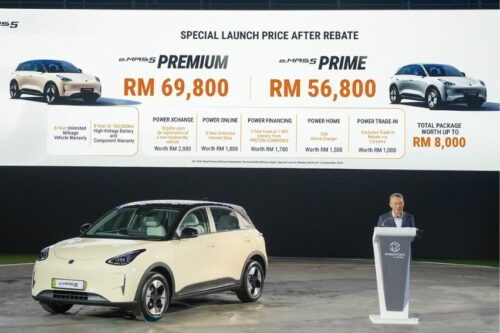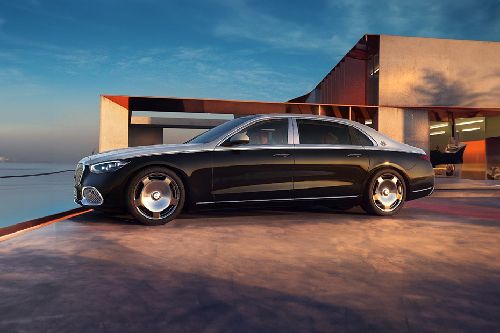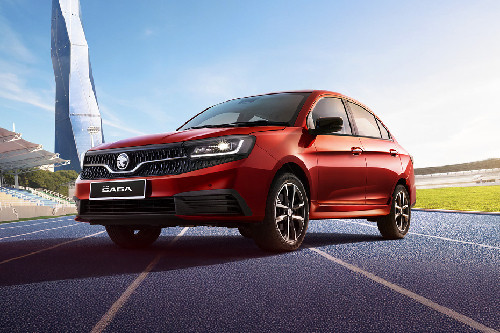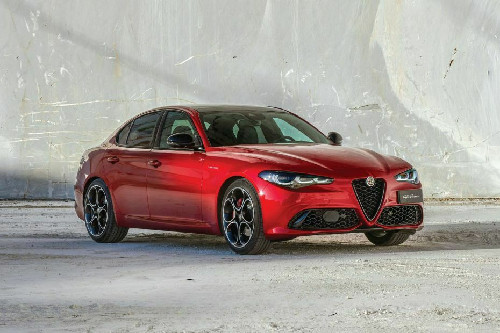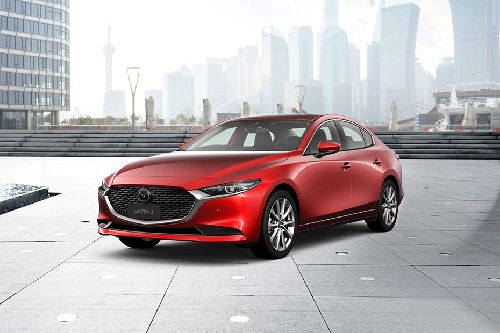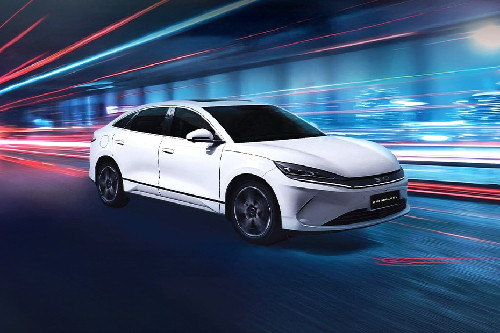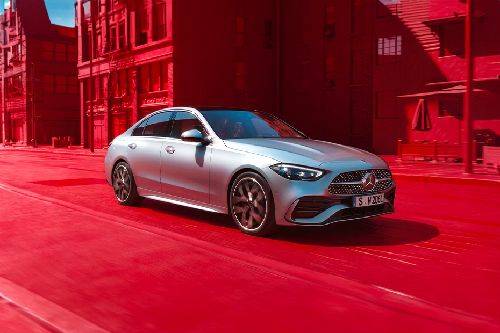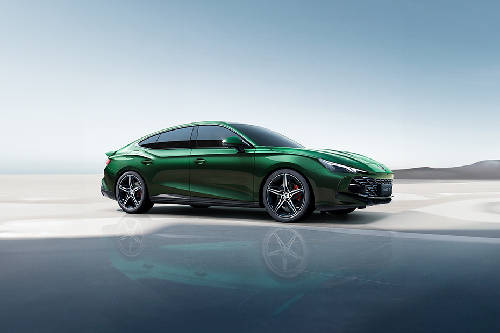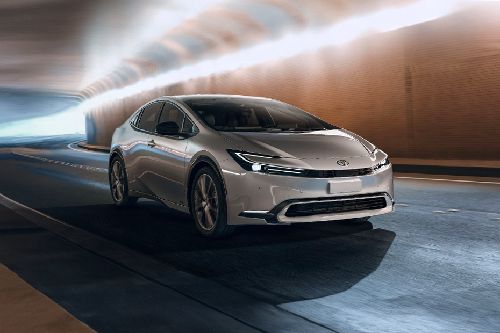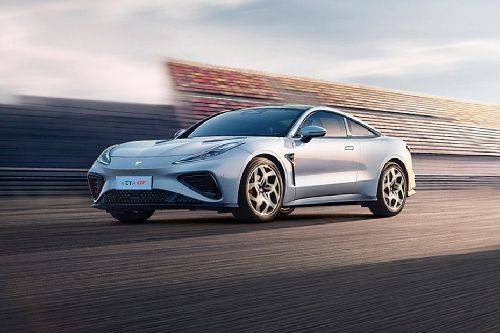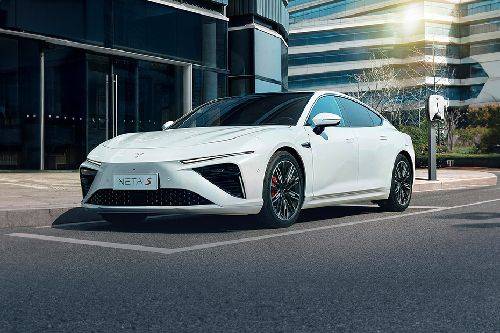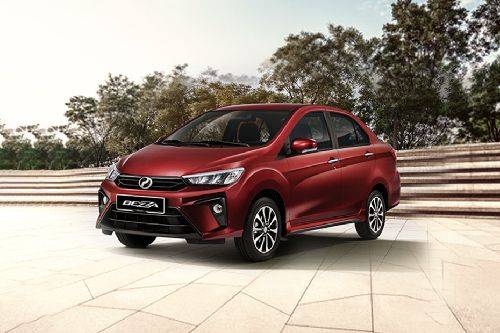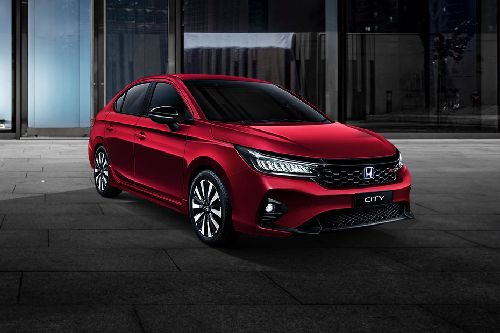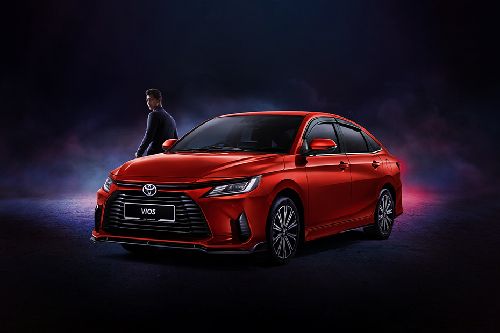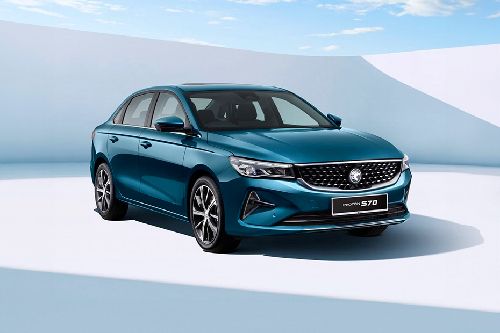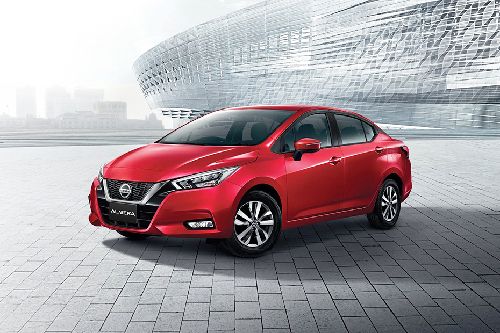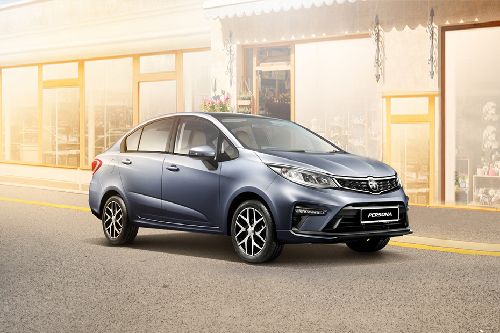Hyundai to assemble electric cars in Thailand; investing approx RM 126 million
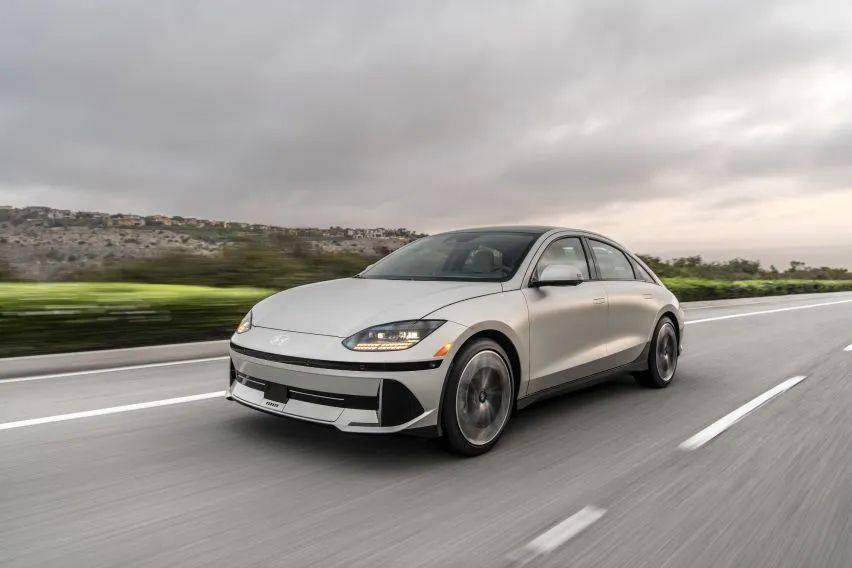
KUALA LUMPUR: Last year, Thailand rolled out an 'EV3.5 programme' to support the production of electric vehicles in the country, and grab a leading position in the Southeast Asian EV manufacturing scene. A total of 18 automakers from China, Japan, and Europe have planned or completed the opening of factories in Thailand under this programme so far. The latest marque to join this list is Hyundai.
KEY TAKEAWAYS
When will the new Hyundai plant begin operations in Thailand?
The Hyundai Thailand EV plant is scheduled to commence operations in early 2026.What is Thailand's 30@30 policy?
The Thailand 30@30 policy is a strategic initiative by the Thai government, under which it aims to become a regional EV production hub by 2030, with EVs accounting for 30% of total sales.The South Korean automaker will invest THB 1 billion (approximately RM 126.4 million) to set up a facility for assembling electric vehicles and batteries in Thailand.
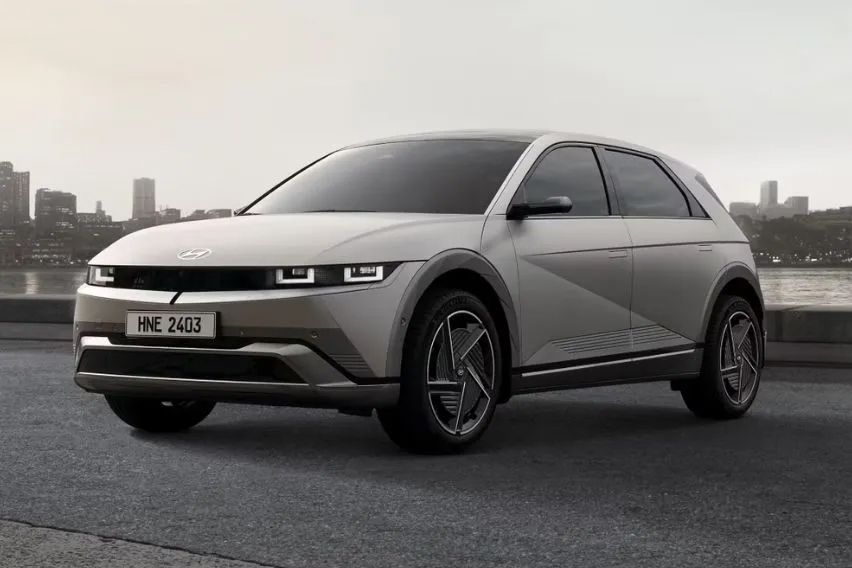
Set to begin operations in early 2026, the Hyundai Thailand plant is part of the company’s broader strategy to gain a chunk of rapidly growing electric vehicles in Southeast Asia. The automaker is specifically targeting Thailand, which is a major player in the region’s EV market. According to Counterpoint Research, Thailand made up 55% of all EV sales in Southeast Asia during the first quarter of the year.
Currently, Hyundai offers two electric vehicles in Thailand, the Ioniq 5 and the Ioniq 6, both are imported from Korea. The local assembly of EVs is expected to boost the brand’s competitiveness and market share in the country.
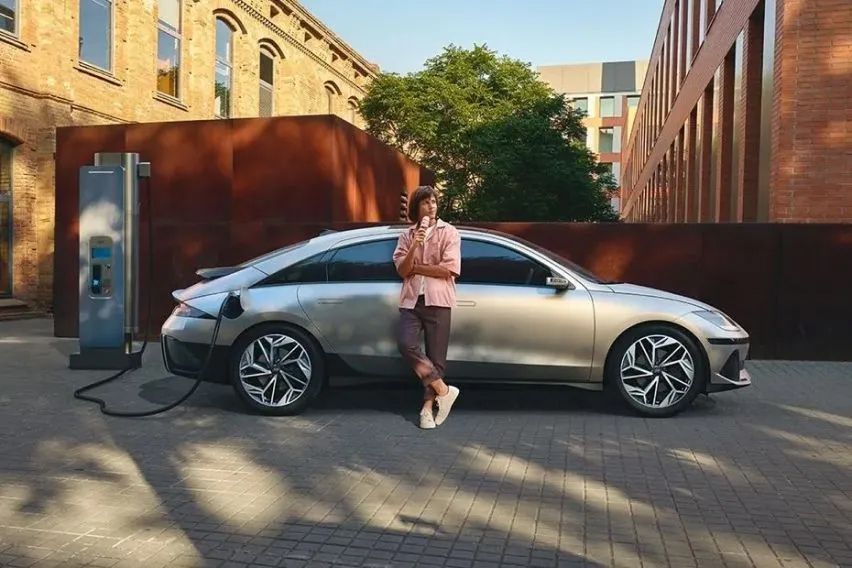
To set up its factory in the Land of Smiles, the South Korean automaker joined hands with two local firms - Thonburi Automotive and Thonburi Energy Storage. The Hyundai Thailand plant will be located near southeastern Bangkok.
The Thailand Board of Investment (BOI) placed the Hyundai project under the second phase of the EV 3.5 package. "Hyundai's entry in Thailand's EV sector is a very positive development, confirming the attractiveness of Thailand as both a manufacturing base and an important market," said Mr. Narit Therdsteerasukdi, Secretary General of the BOI.
"Thailand's strong existing supply chain will allow Hyundai to source not less than a third of the raw materials and parts it needs from within Thailand, thus supporting the local industry," he added.
The rapidly growing EV market in Thailand is mainly controlled by Chinese automakers such as BYD and Great Wall Motors, which not only assemble EVs for local consumption but also export them across Southeast Asia.
Under its 30@30 policy, the Thai government aims to establish the country as a regional EV production hub by 2030, with electric vehicles making up 30% of total vehicle sales. It is the largest automotive production hub in Southeast Asia and ranks in the top 10 in the world.
As Thailand boosts its EV production, Malaysia could benefit from cheaper electric vehicles and new opportunities in the growing space. What do you think?
Also read: This is Hyundai’s new mini electric car, the Inster
-
Explore Hyundai Ioniq 6
Hyundai Ioniq 6 Related Stories
- News
- Featured Stories
Hyundai Car Models
Don't Miss
Malaysia Autoshow
Trending & Fresh Updates
- Latest
- Popular
You might also be interested in
- News
- Featured Stories
Hyundai Featured Cars
- Latest
- Popular
Compare & Recommended
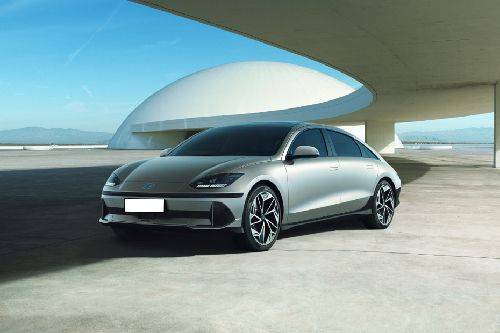
|
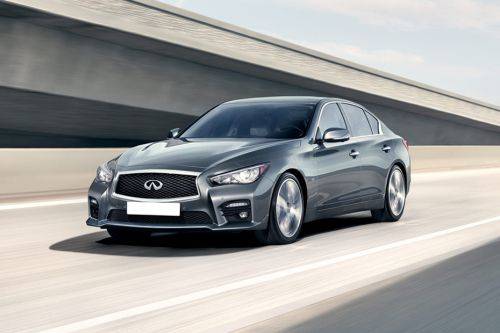
|
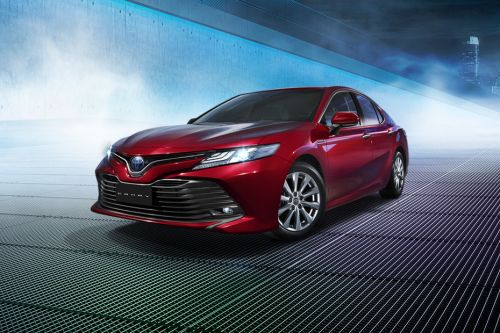
|
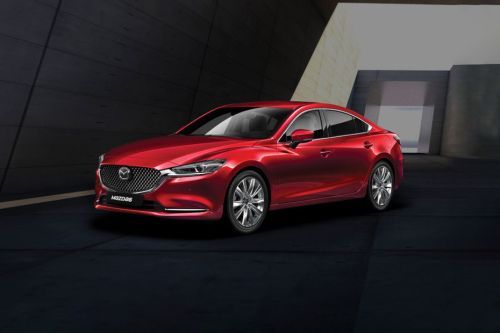
|
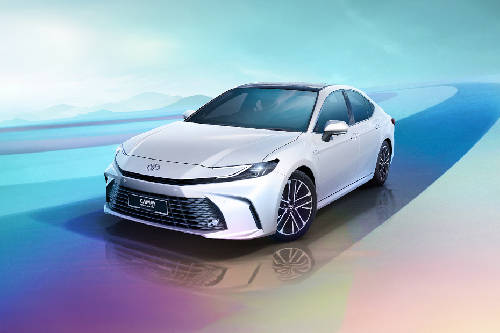
|
|
Seating Capacity
5
|
5
|
5
|
5
|
5
|
|
Fuel Type
Electric
|
Petrol
|
Petrol
|
Petrol
|
Petrol
|
|
Power
151
|
211
|
201
|
162
|
185
|
|
Torque
350 Nm
|
350 Nm
|
246 Nm
|
213 Nm
|
221 Nm
|
|
Transmission Type
Automatic
|
Automatic
|
Automatic
|
Automatic
|
e-CVT
|
|
Engine
-
|
1991
|
2487
|
1998
|
2487
|
|
Ground Clearance
-
|
-
|
135 mm
|
-
|
135 mm
|
|
|
Trending Sedan
- Latest
- Upcoming
- Popular

